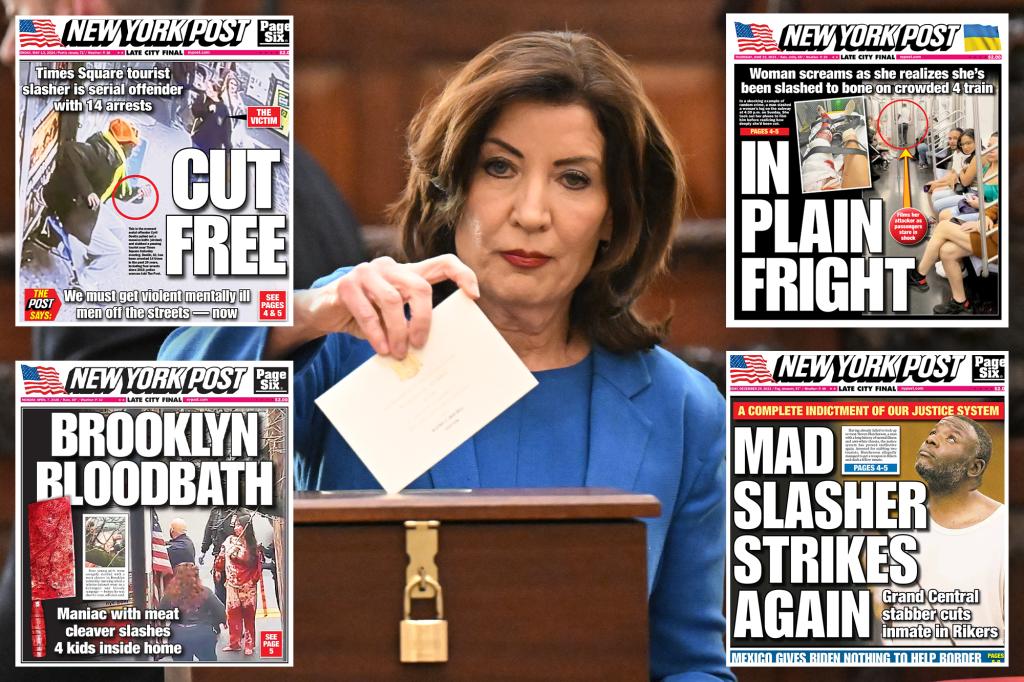New York’s Crucial Vote on Involuntary Commitment Laws
New York State lawmakers are poised to cast a landmark vote this week on controversial involuntary commitment legislation that could dramatically alter mental health care policies. The decision, expected by Friday, addresses whether to expand criteria for placing individuals with severe mental illness into treatment without consent—a move proponents argue will save lives while critics warn of civil liberties risks. The outcome will directly impact New York City’s escalating mental health crisis, where over 3,000 people with serious psychiatric conditions currently live unsheltered.
The Mental Health Crisis Reaching a Breaking Point
New York City’s streets tell a grim story of systemic failure. Emergency calls for psychiatric distress have surged 40% since 2019, with NYPD responding to nearly 200 mental health crises daily. Meanwhile, city shelters house approximately 8,000 individuals with diagnosed mental illnesses—many cycling repeatedly through emergency rooms and jails. “We’re seeing the same faces in crisis every 72 hours,” says Dr. Elena Rodriguez, a Bellevue Hospital psychiatrist. “Our current system creates revolving doors instead of solutions.”
Key statistics underscore the urgency:
- 1 in 5 NYC adults experiences mental illness annually
- Homeless individuals with psychosis have a 20-year shorter life expectancy
- State psychiatric beds decreased 14% since 2014 despite growing need
What the Proposed Legislation Would Change
The bill would modify New York’s mental hygiene law by:
- Broadening “danger to self or others” standards to include inability to meet basic needs
- Extending emergency hold periods from 72 hours to 120 hours
- Creating outpatient commitment programs for high-risk patients
Supporters, including Mayor Eric Adams’ administration, argue these changes will prevent tragedies like the 2022 subway pushings. “When someone’s too ill to recognize they need help, we have a moral obligation to intervene,” states Health Commissioner Dr. Ashwin Vasan. However, disability rights groups counter that forced treatment often traumatizes patients. “History shows involuntary commitment disproportionately targets communities of color,” warns Legal Aid Society attorney Maritza Perez.
The National Spotlight on New York’s Decision
As California implements similar measures under CARE Court and Florida expands Baker Act provisions, mental health policy experts view New York’s vote as a potential national model. “Urban centers nationwide face identical challenges,” notes Columbia University public health professor Dr. Harold Koplewicz. “This could set the standard for balancing individual rights with public safety.”
Recent research adds complexity to the debate:
- A 2023 Johns Hopkins study found involuntary hospitalization reduces short-term suicide risk by 56%
- NYU research shows 68% of forcibly medicated patients discontinue treatment after release
- RAND Corporation estimates proper implementation would require $250 million annually
Voices From the Frontlines
Social worker James Carter, who patrols Manhattan’s streets with homeless outreach teams, describes heartbreaking dilemmas. “Last week I met a veteran with untreated schizophrenia eating from trash cans. He refused help but clearly couldn’t care for himself. Current law leaves me powerless.” Conversely, former psychiatric patient turned advocate Maria Fernandez recalls her trauma: “Being strapped to a gurney didn’t heal me—it made me fear the system that should’ve helped.”
The proposed legislation attempts compromise by requiring:
- Rigorous due process hearings within 24 hours of detention
- State-funded patient advocates for all commitment cases
- Mandatory treatment plan reviews every 90 days
What Comes Next After the Vote
If passed, implementation would begin in phases, starting with NYC’s most impacted neighborhoods. The bill allocates $120 million for crisis stabilization centers and mobile treatment teams—though budget analysts question whether this meets projected needs. Regardless of outcome, advocates agree more systemic solutions remain essential. “Beds and meds alone won’t solve this,” emphasizes National Alliance on Mental Illness NYC director Wendy Brennan. “We need affordable housing, community programs, and early intervention.”
As the vote approaches, all sides brace for impacts that could reshape urban mental healthcare for decades. For policymakers, the challenge lies in crafting humane solutions amid impossible choices—where every option carries profound consequences for vulnerable lives and the city’s collective wellbeing.
Concerned citizens can contact the New York State Office of Mental Health at 1-800-597-8481 to learn about upcoming public forums on this legislation.
See more WebMD Network



